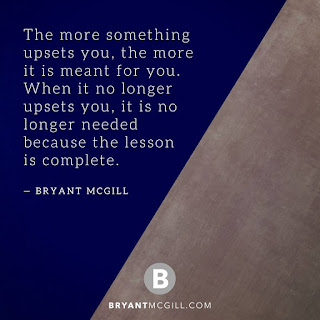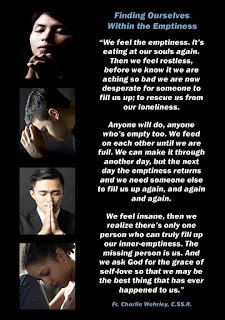Everyone's Mirror Has Two Faces. Which One Are You Seeing?

It's so true. My mirror has had two faces most of my life: 1) My actual physical face and 2) the face that was merely a representation of all of the negative judgments I continually made against myself. The face I have primarily seen in any mirror since childhood is the face of harsh self-judgment that I projected onto my outer appearance. I've rarely seen my REAL face; the one that is beautifully free of all self-judgments. I've seen my face/body of harsh self-judgments since grade school, when I first began over-eating to medicate away the emotional pain of growing up in an alcoholic/ codependent household. In those days, all I saw reflecting back at me in the mirror were the horrible judgments I made against myself for becoming fat. Most of those judgments weren't even mine. They had been shoved down my throat by family and kids at school: "Fatty, fatty, two by four," "Hey, fatso," and "You're going to be fat all of your life,...



